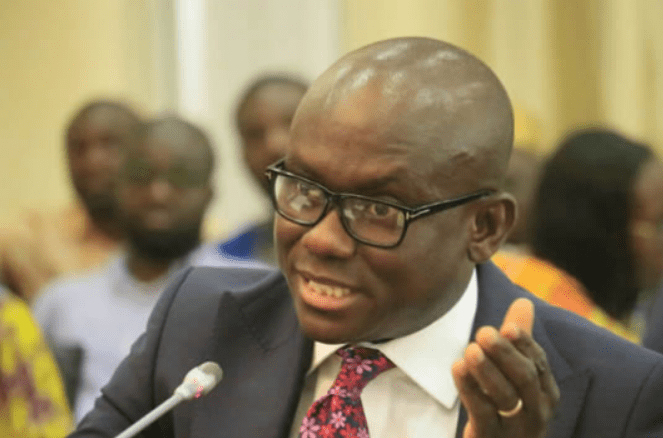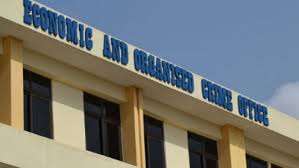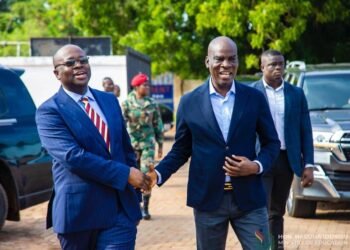The decision of the Attorney General to ask the Economic and Organized Crime Office (EOCO) not to investigate Cecilia Dapaah, a former government official, on monetary laundering charges, despite the Office of the Special Prosecutor (OSP) requesting EOCO to do so, has sparked controversy.
The Attorney General’s action raised important questions about the independence of investigations, political interference, and the rule of law.
The Attorney General’s actions can be seen as an interference with the independence of EOCO and the OSP, which could compromise the integrity of the investigation.
The OSP was established specifically to investigate corruption cases, including those involving government officials, and the Attorney General’s intervention may be perceived as an attempt to shield a fellow government official from accountability.
This undermines the authority and effectiveness of the OSP, which was created to ensure that corruption cases are investigated and prosecuted independently, without political interference.
Furthermore, the Attorney General’s decision raises concerns about conflict of interest. As a political appointee, the Attorney General may be perceived as protecting a political ally, rather than allowing the law to take its course.
As such, it creates a perception of bias and undermines public trust in the legal system. The Attorney General’s role is to ensure that the law is applied impartially, without fear or favor, and any actions that compromise this principle can have far-reaching consequences for the integrity of the legal system.
However, the Attorney General may have acted within his legal discretion to review and advise on investigations as his directives were in response to EOCO’s request for advice on what to do concerning the issue.
Protection Of Citizens’ Rights
More so, the Attorney General may have sought to ensure that a citizen’s rights, in this case, Cecilia Dapaah’s rights, were protected and that the investigation followed proper procedures.

According to the Attorney General, a study of the docket from the OSP and the report by EOCO indicates that investigations by the OSP did not establish any evidence of corruption, corruption-related offences, or procurement breaches against the suspect, Cecilia Dapaah.
“The OSP’s letter to you also did not disclose the basis for the suspicion of the commission of the offence of money laundering and structuring… In the absence of the identification of any criminality associated with the properties retrieved from the suspects, the OSP’s referral to EOCO for investigations to be conducted into money laundering is without basis”
Attorney General
Moreover, the Attorney General may have wanted to avoid duplication of efforts, as the OSP has already investigated the matter.
Accordingly, the Attorney General also advised against EOCO investigating the source of Cecilia Dapaah’s funds on the basis that the CID had been tasked to take charge of that aspect of the case.
However, these arguments do not justify the Attorney General’s decision to ask EOCO not to investigate. The OSP was established to investigate corruption cases independently, and the Attorney General’s intervention undermines this independence.
Moreover, the Attorney General’s decision creates a perception of political interference, which can undermine public trust in the legal system.
As such, the Attorney General’s decision to ask EOCO not to investigate Cecilia Dapaah on monetary laundering charges, despite the OSP’s request to do so, raises important questions about the independence of investigations, political interference, and the rule of law.
While the Attorney General may have acted within his legal discretion, the decision undermines the authority and effectiveness of the OSP and creates a perception of bias and political interference.
To ensure that corruption cases are investigated and prosecuted independently, without political interference, it is essential to respect the independence of the OSP and other investigative bodies like the EOCO.
READ ALSO: Malaysian Prime Minister Announces Hike In Civil Servants’ Pay






















